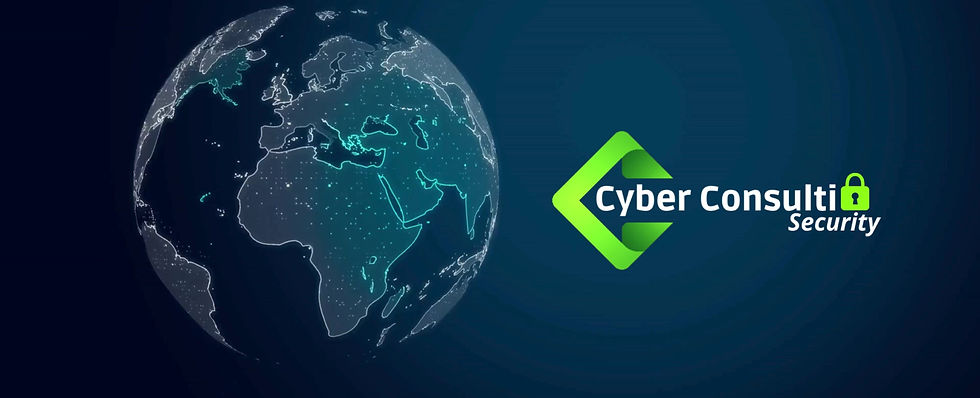
Cyber Security



Pentest or Intrusion Test
Pentest, or penetration tests, encompass three main types: black-box (without prior information), white-box (with internal information) and gray-box (partial information). Each approach aims to assess the security of systems, networks and applications, identifying vulnerabilities before possible attacks.



Vulnerability Scan
Vulnerability scans comprise network scans, looking for flaws in systems and devices; application scans, focused on identifying vulnerabilities in software; and cloud services scans, assessing specific risks associated with online hosted platforms. Each type aims to strengthen the digital security posture.
Phishing



Phishing campaigns include spear phishing, targeting specific individuals; email phishing, mass sending of false emails; vishing, using phone calls; and smishing, which occurs via text messages. They all aim to trick users into revealing sensitive information or installing malware. Awareness is crucial to mitigating these attacks.
Regulatory Compliance



Regulatory compliance covers standards such as LGPD (General Data Protection Law), GDPR (EU data protection), HIPAA (US healthcare), PCI DSS (payments), and ISO 27001 (information security). Each defines specific requirements to ensure data protection, privacy and security, promoting good practices and preventing breaches.
AntiMalware



Antimalware encompasses antivirus, detecting and removing known threats; anti-spyware, focused on digital espionage; anti-rootkit, identifying and eliminating rootkits; and anti-exploit, preventing the exploitation of vulnerabilities. A multi-layered approach is essential to strengthen defense against cyber threats.
Brand Monitoring



Brand monitoring involves proactive online surveillance, covering detection of phishing, impersonation, and misuse of logos. Social media analytics tools, online reputation analysis, and automated alerts are essential to protecting brand integrity against cyber threats.
GDPR



The LGPD (General Data Protection Law) in Brazil defines rules for the processing of personal data. It includes holder rights, company obligations, and requires explicit consent. Key aspects involve transparency, security and incident notification, aiming to protect privacy and strengthen control over personal data.
SOC (Security Operations Center)



SOC (Security Operations Center) can be divided into Level 1 SOC (initial monitoring and triage), Level 2 SOC (complex incident analysis and response), and Level 3 SOC (advanced investigation and crisis management). Each level contributes to the effective detection and response to cyber threats, strengthening an organization's security posture.
Trainings



Cybersecurity training covers employee awareness, focusing on good practices and threat identification; phishing simulations for resilience testing; and technical training, such as malware analysis and incident response. The holistic approach aims to strengthen organizational security and reduce the risk of cyberattacks.

At Cyber Consulti, we understand that each business is unique. That's why we offer fully customized cybersecurity solution packages, tailored specifically to the needs of your operation, regardless of its size.
It doesn't matter if you are a growing startup, an SME looking for optimization or a large, consolidated company, at Cyber Consulti each client is treated uniquely.
Our experts are dedicated to deeply understanding your challenges and goals, to develop packages that not only meet, but exceed your expectations.
In a world where generic solutions are prevalent, we stand out by offering a personalized approach that perfectly aligns with your business vision. Achieve efficiency and innovation with tailor-made solutions from Cyber Consulti.
Discover the difference that a personalized approach can make to the success of your operation. Contact us today and let us create the perfect solution to take your business to the next level. At Cyber Consulti, we are committed to your success!
.png)